I know, I know this has been done to death; Im just posting a question to see if this solution is still relevant since now we have .NET 4 and newer
This link explain a simple way to read large XML files and it implements Linq. I quite like this and just want a simple answer/s to state if this is still relevant or are there better implementations in newer .NET code.
